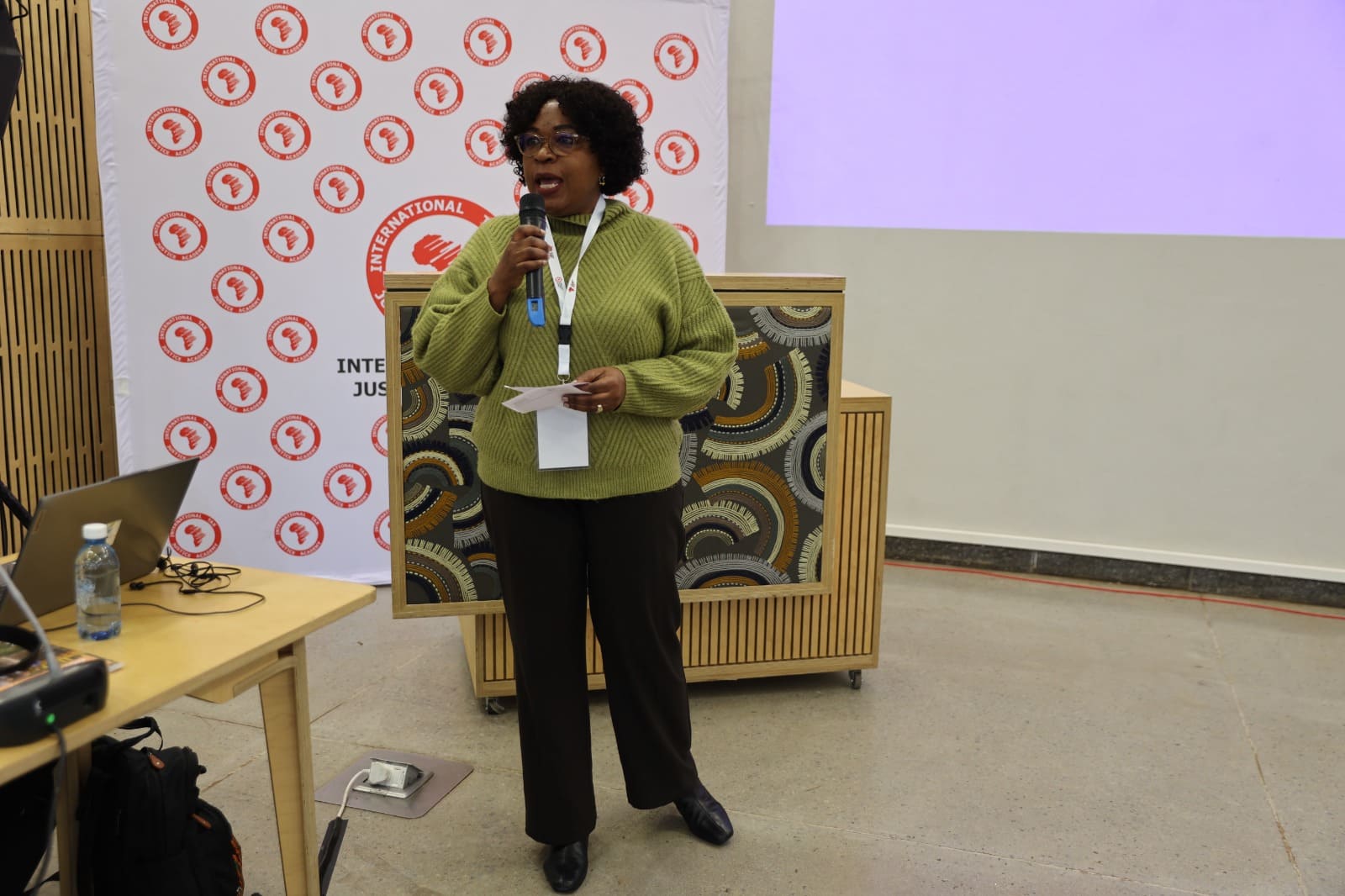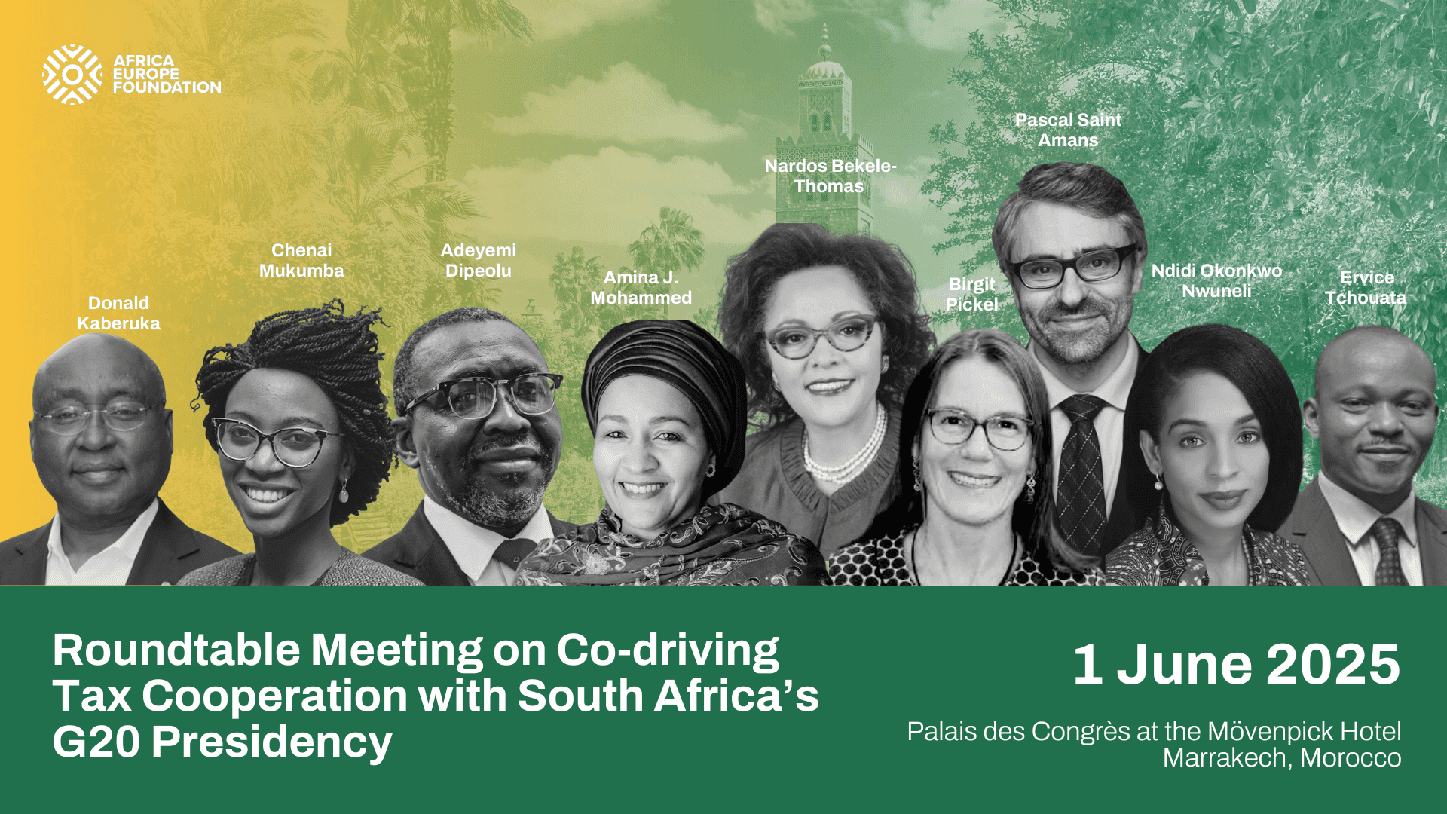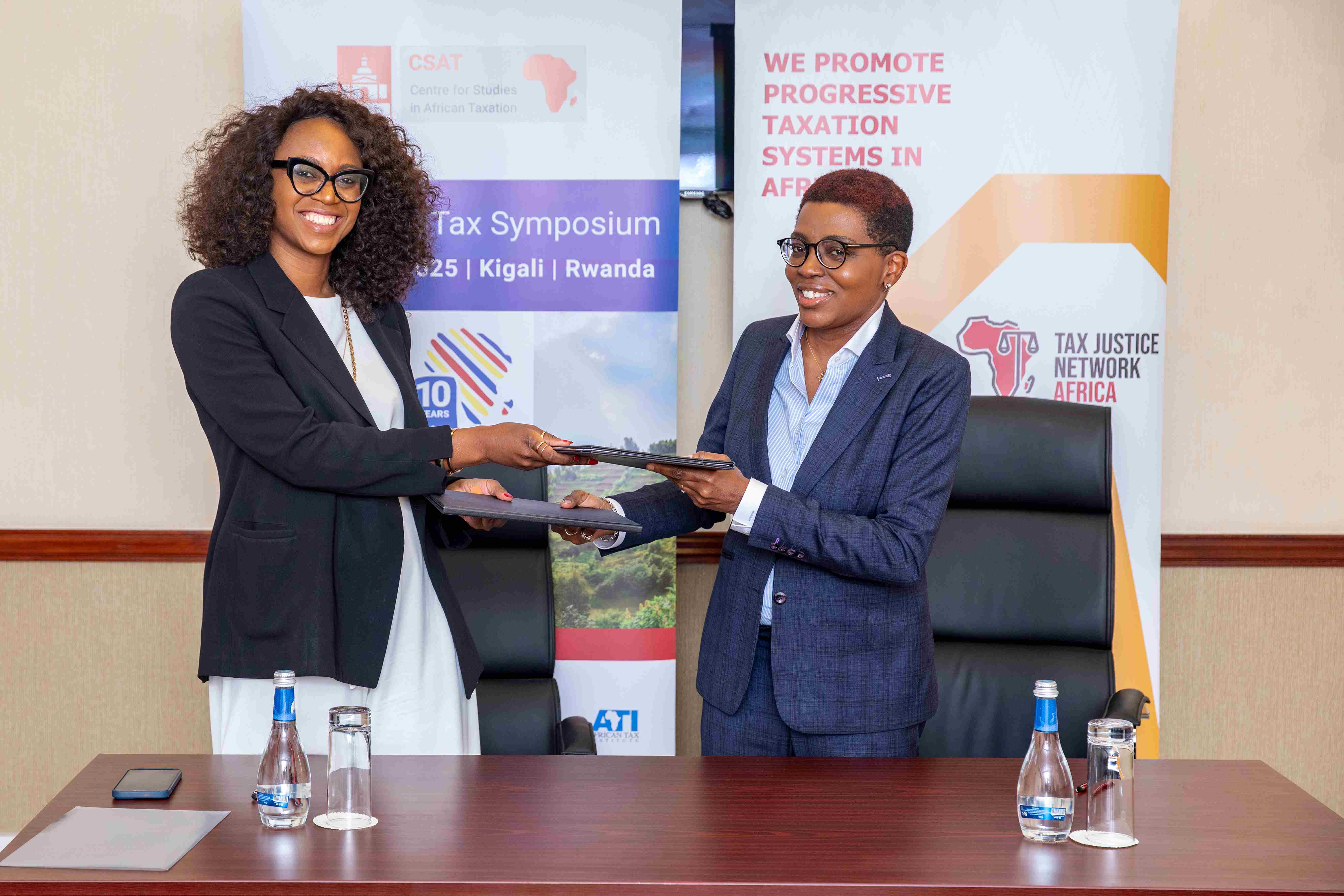
In a world where multinational corporations exploit legal loopholes and tax havens to evade their fair share of taxes, it is imperative to overhaul the current framework. This entails advocating for transparency measures, and equitable distribution of taxing rights among countries, thereby fostering a more just and sustainable global economic system.
TJNA recognises the urgent need for comprehensive reforms within the international financial architecture to address the systemic issues hindering global tax justice. Central to TJNA’s advocacy for reforms is the call for greater transparency in financial transactions and corporate structures.
Transparency is essential to combat tax evasion and illicit financial flows, which drain valuable resources from developing countries. By promoting measures such as public country-by-country reporting and beneficial ownership registries, we aim to hold corporations and individuals accountable for their tax obligations and prevent the misuse of offshore entities for tax avoidance purposes.
Since the 1950s, the Organisation for Economic Co-operation and Development (OECD) has been setting the international tax agenda without the effective participation of Global South states. This system has favoured the rich countries and left the Global South to deal with an ineffective and non-inclusive system that has orchestrated huge losses in their domestic revenue. As early as the 1940s Global South countries have been calling for reforms of international architecture.
The importance of reform of the global tax system is that while countries have a sovereign right to collect taxes, illicit financial flows through tax evasion and avoidance prevent the effective exercise of this right. Therefore, an ineffective international tax system limits the sovereign rights of the Global South states. This forms the basis for African countries’ long-standing demand to shift the tax conversation to the United Nations where each country will have a seat at the table.
On the 30th of December 2022, the United Nations General Assembly adopted Resolution 77/244, emphatically advocating the advancement of inclusive and effective cooperation on tax matters.
In September 2023, the UN Secretary-General released a comprehensive report outlining three potential pathways for international cooperation on tax matters: a UN multilateral instrument on tax, a framework convention, and a framework for international cooperation. TJNA, alongside various organizations including the Global Alliance for Tax Justice, held the position that option 2, a framework convention, was the most viable solution. This option provided for a framework convention that would be legally binding on member states and cover a wide range of crucial international tax cooperation issues.
In November 2023, another resolution was adopted by the UN General Assembly that kickstarted the process towards a UN framework convention on international tax cooperation.
Resolution 78/230 established an intergovernmental ad hoc committee to begin the process of development of terms of reference for the negotiation of the UN framework convention on international tax cooperation. This resolution was adopted via a simple majority. 125 countries endorsed the resolution, 48 countries voted against it, and 9 countries abstained. Notably, all African countries, supported by members of the G77 plus China, voted in favour, highlighting strong regional cooperation and unity of purpose.
The resolution was rooted in the longstanding calls by Global South countries for a UN intergovernmental tax body and represented a significant stride towards democratising the global tax system. It marks a historic moment to correct the imbalances that currently exist in the global tax system.





